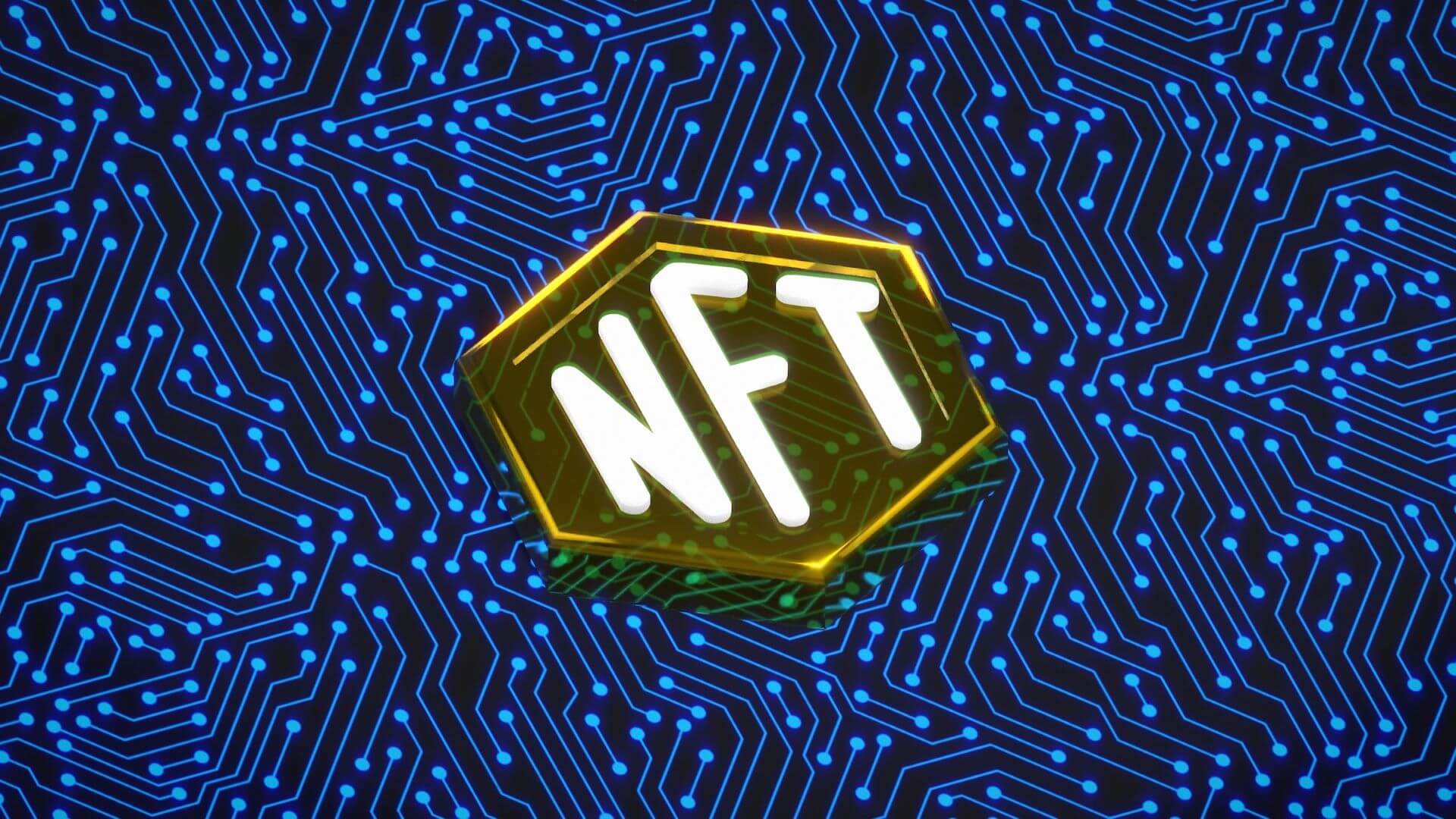Web 3.0, the next generation of the internet, is poised to bring about significant changes to how we interact online. With its promise of decentralization, increased user control, and enhanced data ownership, Web 3.0 offers exciting possibilities for the future of the internet. However, as we embark on this new era, it’s crucial to consider the role of privacy and security in Web 3.0 to ensure that users’ personal information and digital assets are protected.

Privacy is a fundamental human right that should be upheld in the digital world as much as in the physical world. In Web 3.0, privacy takes on a heightened significance as users gain more control over their data. One of the key principles of Web 3.0 is the ownership and control of data by users rather than centralized entities. With technologies like blockchain, users can have more transparency and control over their data, allowing them to decide how their information is used and shared.
However, privacy in Web 3.0 is not only about user control over data ownership, but also about protecting personal information from malicious actors. In a decentralized environment where data is distributed across various nodes and networks, the risk of data breaches and hacks may increase. It’s crucial to implement robust security measures to protect user data from unauthorized access and ensure that privacy is maintained.
One of the ways privacy can be enhanced in Web 3.0 is through the use of zero-knowledge proofs (ZKPs). ZKPs allow for transactions to occur on a blockchain without revealing the underlying data, providing a high level of privacy and confidentiality. This can be particularly useful in scenarios where users want to transact or share sensitive information without revealing their identities or other personal details.
Another important aspect of privacy in Web 3.0 is the need for clear and transparent consent mechanisms. Users should have the ability to control how their data is used and shared, and should be provided with clear and understandable options to provide or withdraw consent. It’s essential to establish standards and best practices for consent mechanisms to ensure that user privacy is respected across the decentralized web.
Alongside privacy, security is equally vital in Web 3.0. In a decentralized environment where trust is distributed and intermediaries are reduced, it’s crucial to have robust security measures in place to protect against attacks and frauds. Blockchain, which is at the core of Web 3.0, uses cryptographic techniques to secure data and transactions. However, it’s important to note that no system is completely foolproof, and constant efforts should be made to identify and address vulnerabilities.
Smart contracts, which are self-executing contracts written as code and run on blockchain, are an integral part of Web 3.0. However, they can also be vulnerable to exploits and vulnerabilities if not implemented properly. Therefore, it’s crucial to conduct thorough audits and security assessments of smart contracts to identify and mitigate any potential risks.
Moreover, as Web 3.0 enables peer-to-peer transactions and interactions, it’s important to establish mechanisms for dispute resolution and protection against scams. Building a decentralized reputation system that can help users assess the reliability and trustworthiness of counterparties can be an effective way to enhance security in Web 3.0.
Education and awareness also play a critical role in ensuring privacy and security in Web 3.0. Users need to understand the risks, challenges, and best practices associated with this new paradigm of the internet. Educating users about the importance of strong passwords, two-factor authentication, and safe online practices can help prevent security breaches and protect personal information.
In conclusion, privacy and security are paramount in Web 3.0 to ensure that users’ personal information and digital assets are protected. NFT Bridges is proud to be an important contributor to the security of NFTs. Join us on the Discord!









